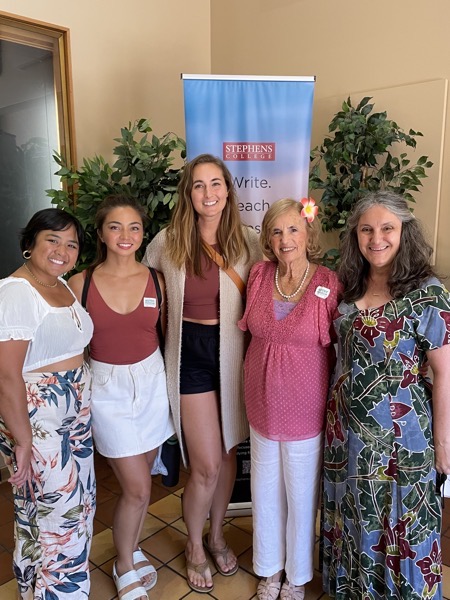I recently presented a talk on Torchwood (Why Torchwood Still Matters) where I highlighted a few ways in which the show (airing from 2006 to 2011) came up with progressive and innovative ideas that are being used by other franchises today.
I always enjoy attending the SD (San Diego) WhoCon because the audiences are so well-informed on the Whoniverse and Whovians love Captain Jack and the crew that made this spinoff program so engaging.

Transcript:
My favorite line in all of “Children of Earth” is “What are the school tables for? and you’re like “Oh my god. Like we do rank people all the time.” Here would be a perfect chance to say, Sorry you didn’t get your SAT score. Bye-bye. I just – yeah it was very it was chilling how real it felt for being obviously such a surreal and not real instance and also the line when all the leaders around the table and the woman says “Well certainly none of the children that belong to anyone here but wait I don’t have children but I have nieces and nephews. What about them? and suddenly you start seeing what little deals are we gonna have to play. Yeah, I think it was chilling. So I think that bingeability that was a big thing you brought to it. Now I’ve said before not a fan of “Miracle Day.” Largely because I think he didn’t check the idea that never dying isn’t inherently a problem. I mean they tried to make it a problem because yeah too many people on the earth will be a problem but actually like isn’t that what everybody wants? Nobody wants to die. So it seemed odd that like we were supposed to not like it. I don’t know it didn’t seem to me he thought his way through.
Watch this entire presentation
Podcast: Play in new window | Download
Subscribe: RSS
![20 Lower 10%, Classism, and Death from Why Torchwood Still Matters (2021) with Dr. Rosanne Welch [Video]](https://rosannewelch.com/wp-content/uploads/2022/08/rmw-whocon-2021-torchwood-20.jpg)
![10 Women Writing Westerns from What Is a Western? Interview Series: When Women Wrote Westerns from the Autry Museum of the American West [Video]](https://rosannewelch.com/wp-content/uploads/2022/08/rmw-western-10.jpg)
![25 My Screenwriting Story from In Conversation with Dr. Rosanne Welch [Video]](https://rosannewelch.com/wp-content/uploads/2022/08/rmw-intellect-25.jpg)


![28 The Homage from The Difficulties and Delicacies of Writing the First Female Doctor in 50+ years [Video] [Doctor Who]](https://rosannewelch.com/wp-content/uploads/2022/08/rmw-whocon-2021-chibnall-28.jpg)
![19 Ableism and Children of Earth from Why Torchwood Still Matters (2021) with Dr. Rosanne Welch [Video]](https://rosannewelch.com/wp-content/uploads/2022/08/rmw-whocon-2021-torchwood-19.jpg)
![09 More On Women Writing Westerns For TV from What Is a Western? Interview Series: When Women Wrote Westerns from the Autry Museum of the American West [Video]](https://rosannewelch.com/wp-content/uploads/2022/08/rmw-western-09.jpg)
![from In Conversation with Dr. Rosanne Welch [Video]](https://rosannewelch.com/wp-content/uploads/2022/08/rmw-intellect-24.jpg)




![27 TV Helps People See The Future from The Difficulties and Delicacies of Writing the First Female Doctor in 50+ years [Video] [Doctor Who]](https://rosannewelch.com/wp-content/uploads/2022/08/rmw-whocon-2021-chibnall-27.jpg)